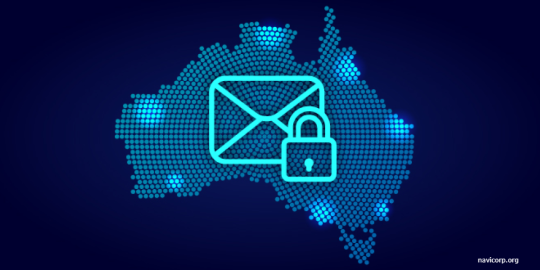
In today's digital age, messaging apps are more than a convenient means of communication. For many, they are essential tools for business or personal correspondence, which often contain sensitive information. Therefore, security is a critical factor in choosing the right app. This in-depth review looks into the ten most secure messaging apps, highlighting their merits and potential drawbacks.
1. WhatsApp (Facebook)
WhatsApp, owned by Facebook, uses end-to-end encryption to secure all messages, calls, photos, and videos exchanged on the platform. This ensures that only the sender and receiver can access them. However, despite the encryption, Facebook's record of privacy concerns could be off-putting for some users. Recently, changes to the app's privacy policy have raised questions about the extent of data shared with Facebook.
2. Signal
Signal has gained recognition as a top-notch secure messaging app. Its high-level security features include end-to-end encryption applied to all communications, including messages, calls, and files. Unlike WhatsApp, the non-profit Signal Foundation runs Signal, and it doesn't store metadata from users, ensuring complete discretion. The only notable downside is its slightly less user-friendly interface compared to other messaging apps.
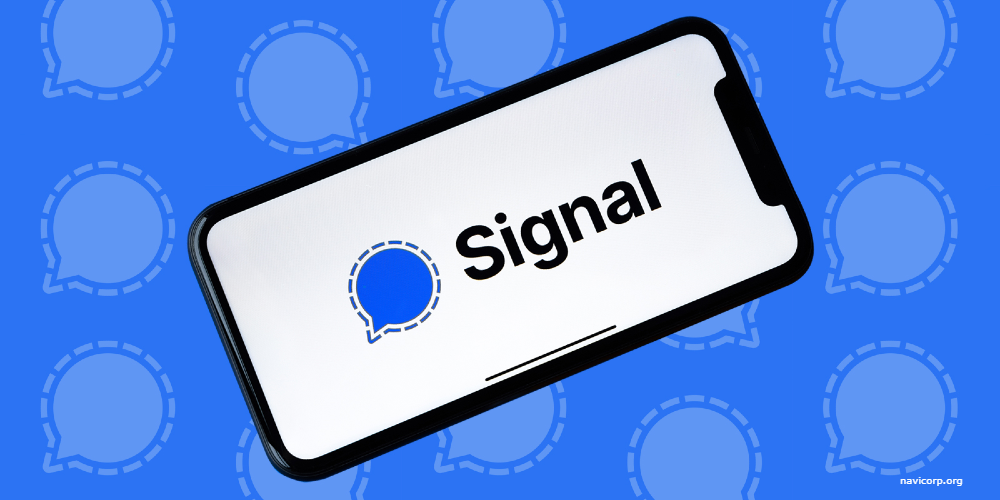
3. Telegram
Telegram offers optional end-to-end encryption through its "Secret Chat" feature, self-destructing messages, and does not share data with third parties. However, the default messages in regular chats are not end-to-end encrypted, which might be a downside for those seeking thoroughgoing security. That said, Telegram's API is open, letting developers create and add new features constantly.
4. Threema
For utmost privacy, Threema does an excellent job. This Swiss app encrypts all on-platform activities, including messages, group chats, media files, and status updates. Not even Threema can access user data since it's stored directly on users' devices. However, compared to other apps, Threema is not free and asks for a one-time fee, which could discourage potential users.
5. Wire
Wire offers end-to-end encryption for text messages, voice and video calls, and files sent to contacts. The encryption alongside open-source code adds a solid layer of security. Wire's transparent privacy policy clearly outlines what data it retains from users. Being more business-oriented, it might not appeal to casual users or those seeking a simple interface.
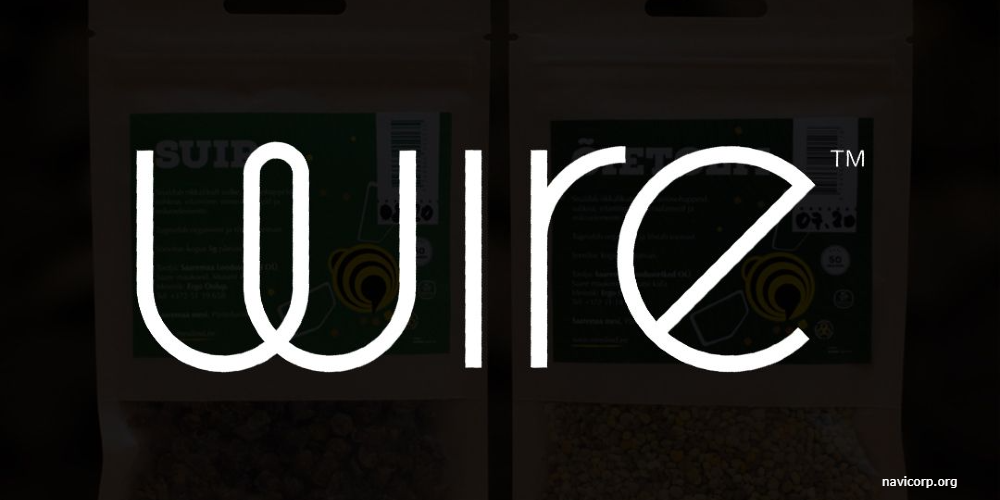
6. Wickr
Wickr offers 'secure ephemeral' communication with end-to-end encryption. It supports self-destructing messages and doesn't log identifiable device information. Despite its excellent security provisions, Wickr may not be for everyone. The free version, Wickr Me, is limited compared to the premium versions, which might not suit people looking for more functionalities without spending extra.
7. Viber
Another communication app that utilizes end-to-end encryption is Viber. It safeguards text messages, calls, videos, and media files sent to other Viber users. Users can also set photos and videos to disappear after a specified time. Despite its security features, Viber's parent company, Rakuten, is known to gather usage statistics, presenting a potential privacy issue for some users.
8. Apple's iMessage
For iOS users, iMessage is a secure choice, providing end-to-end encryption and non-collection of message content. However, its compatibility limitations (it is not available for Android) and Apple's ability to access iMessage data backed up to iCloud might deter some users seeking strong security and versatility.
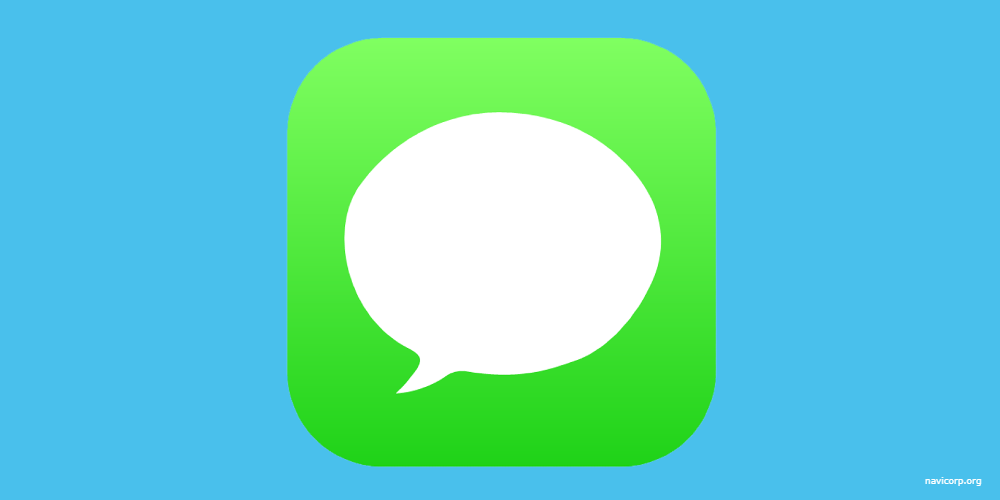
9. Dust
Dust (formerly Cyber Dust) lets users send 'dust messages' that delete automatically 24 hours after being sent. End-to-end encryption, screenshot alerts, and metadata wiping after deletion contribute to robust security. However, its relatively small user base compared to other apps might factor into its drawbacks.
10. Silent Phone
Silent Phone offers encrypted VoIP voice calls, video calls, and messaging. Designed by Silent Circle for business enterprises, its features include secure file transfers and self-destructing messages. While the app is incredibly secure, it comes with a substantial subscription cost, limiting its appeal to small businesses and general consumers.
Enhancing Your Messaging Security: Top Tips for Secure Communication
With the surge in the use of messaging apps for both personal and business communication, ensuring your digital safety becomes paramount. Here are some easily actionable tips on bolstering your messaging app security and safeguarding your private chats.
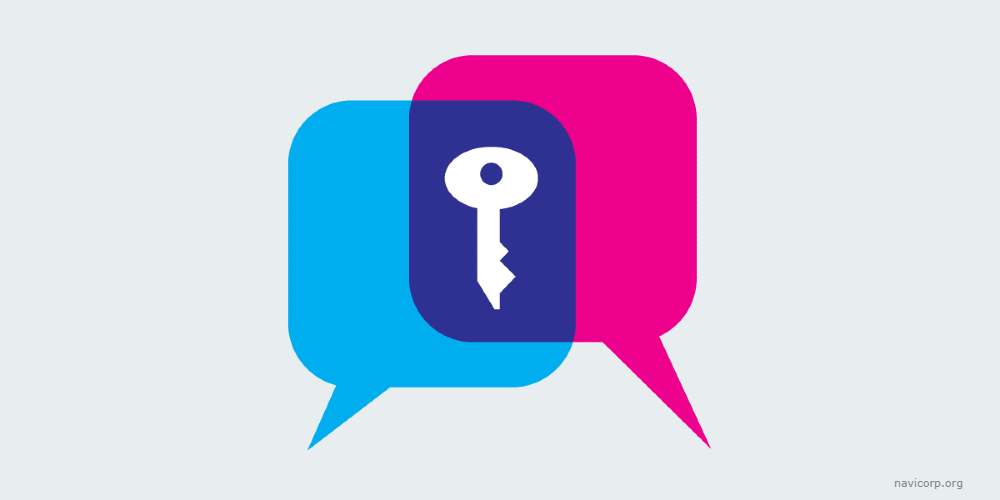
1. Opt for Encrypted Messaging Applications
Commit to using messaging applications that provide end-to-end encryption, like Threema, WhatsApp, or Signal. By doing this, the only individuals who can read your messages are you and your intended recipient, as not even the service providers can gain access to your conversations.
2. Ensure Applications are Continually Updated
It's vital to frequently update your applications because developers consistently implement bug fixes and better security measures. To simplify this process, enable automatic updates or make it a routine to manually check for them.
3. Implement Robust, One-of-a-Kind Passwords
It sounds straightforward, but it’s a step many people bypass. Establish distinctive, cryptic passwords for each of your accounts, avoiding simple patterns or identifiable information. Using password manager tools can offer some assistance here.
4. Activate Dual-factor Verification (2FA)
Boosting your account's security mechanism can be as simple as adding a second verification step to your login procedure. This could be a second password, a biometric scan such as a fingerprint, or a verification through an alternative device.
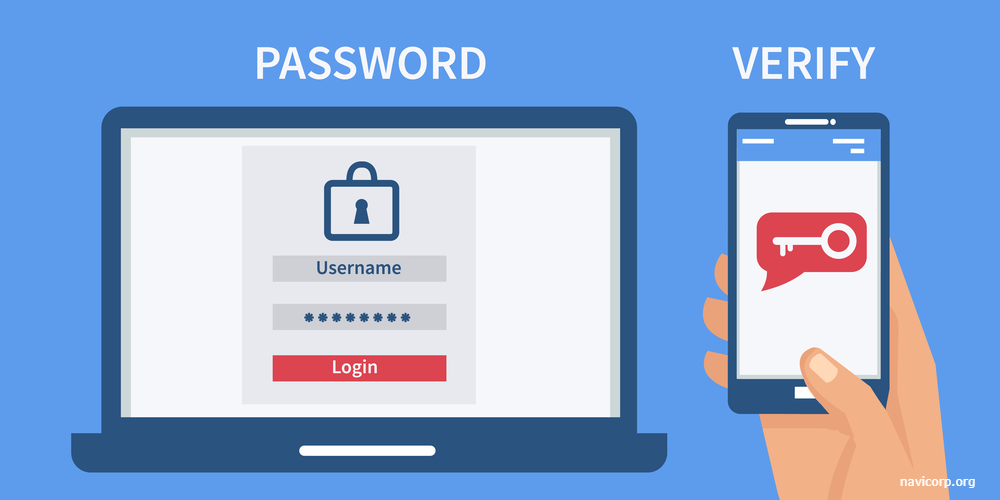
5. Be Vigilant Against Scams and Phishing Attempts
Maintain a healthy sense of skepticism against unsolicited calls or messages asking for personal details or those containing dubious links. Regardless of their apparent sources, never divulge any critical information over messaging applications.
6. Limit Sharing Personal Information
Refrain from sharing sensitive personal information on these platforms as much as possible. Less information floating around means less chance for it to fall into the wrong hands.
7. Be Mindful of Permissions
Often, apps ask for permissions that they don't necessarily need to function. Be aware of what permissions your messaging app has, and revoke any that seem unnecessary.
8. Backup Your Messages Securely
If your messaging service provides a backup option, ensure it is also secure. Remember that messages backed up outside of the app (such as to a cloud service) may not be protected by end-to-end encryption.
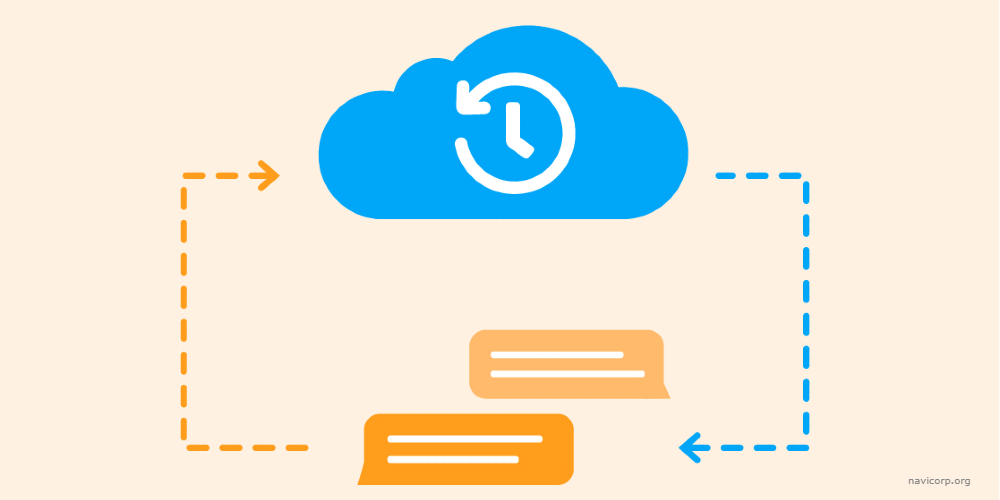
9. Use Self-Destructing Messages
Some apps provide an option for messages to be deleted after a certain amount of time. Take advantage of this feature when appropriate for an added level of security.
10. Logout When You're Done
If you're accessing your messages on a public or shared device, always remember to log out when you're done to prevent unauthorized access.
In closing, secure messaging apps can offer peace of mind when it comes to preserving the integrity and confidentiality of your communication. However, their level of security and encryption protocols vary, and so do their secondary features, like self-destructing messages or file sharing. By considering the needs of users and the trade-offs of each platform, one can find the perfect blend of privacy, security, and ease of use.